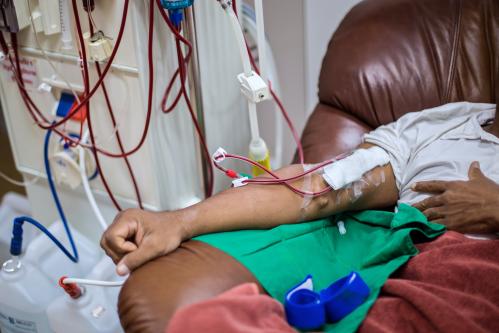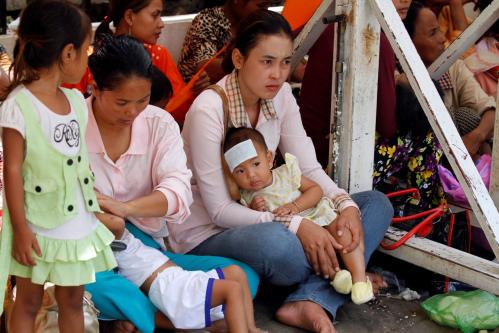

1:30 pm EST - 3:00 pm EST
Past Event
Mental health crises are far from a new phenomenon, but awareness of behavioral health crises and understanding the need for wholistic and effective response services have recently gained traction among policy makers and communities across the country. Federal policymakers and state officials now see redesigning crisis response as an opportunity to redefine the role of police, expand access to behavioral health services, and address racial inequities.
Examples of recent, innovative efforts to improve crisis response include the July 2022 implementation of the 988 crisis call line that Congress established in the 2020 National Suicide Hotline Designation Act, the American Rescue Plan Act’s Medicaid mobile crisis service incentive, and substantial increases in Substance Abuse and Mental Health Services (SAMHSA) grant funding.
On Monday, January 10, the USC-Brookings Schaeffer Initiative for Health Policy brought together a panel of experts to discuss policy initiatives that can more effectively and humanely address behavioral health crises.
Viewers submitted questions for speakers via email to [email protected] and via Twitter with #CrisisServices.
Panelist


Elaine Kamarck
May 14, 2025

Richard G. Frank, Sherry Glied
May 14, 2025

Caren Grown
March 6, 2025